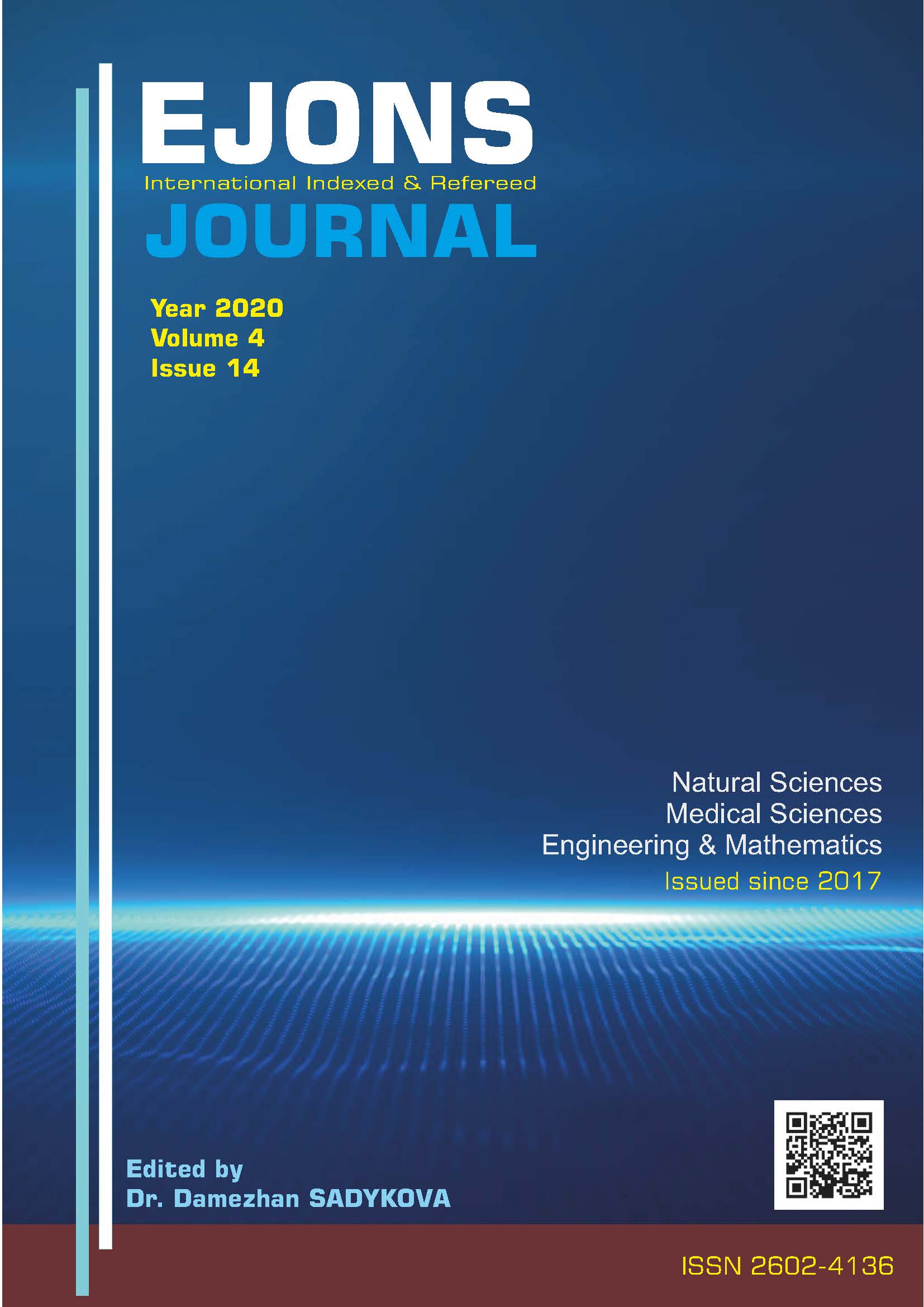NT-proBNP determines renal dysfunction in elderly and middle-aged patients with heart failure
DOI:
https://doi.org/10.38063/ejons.249Keywords:
Natriuretic peptides, NT-proBNP, cardiovascular diseasesAbstract
Objectives: The aim of this study was to investigate the hypothesis that increased NT pro-BNP levels may be associated with impaired cardiac and renal function in elderly and middle-aged patients. Therefore, we have examined possible relationships between NT-PROBNP levels and other tests in every aspect. Methods: The data of NT-proBNP, Urea, Creatinine, GFR, CK-MB, Trop I and CRP tests of 374 patients admitted to our hospital between September 2019 and November 2019 were evaluated retrospectively. In order to determine the effect of renal dysfunction on NT-proBNP test levels, four study groups, one control group, were formed according to age and NT-proBNP test levels. Results: NT-proBNP levels below <125 pg / ml and within the normal reference value range of the control group were 80.7 ± 14.6 pg / ml. The average age. 59.1 ± 13.5. Significant correlations were found between NT-proBNP levels and Age, Urea, GFR, CK-MB and Trop I levels in this group. (respectively, r: 0.45, P <0.001; r: 0.23, P <0.01; r: -0.17, P <: 0.05; r: 0.18, P <0.05 0.36, P <0.001). Significant correlations were found between NT-proBNP levels and Urea, krea, GFR and Trop I levels in the group of patients aged> 81-102 years with NT-proBNP levels> 10000 pg / ml. (respectively, r: 0.25, P <0.05; r: 0.32, P <0.01; r: -0.25, P <: 0.05; r: 0.33, P <0 , 01). Conclusion: This study showed that NT pro-BNP levels in elderly patients with heart failure and renal dysfunction should be evaluated by considering the patient's renal impairment as well as the age group.
Downloads
Published
How to Cite
Issue
Section
License

This work is licensed under a Creative Commons Attribution-NonCommercial 4.0 International License.


